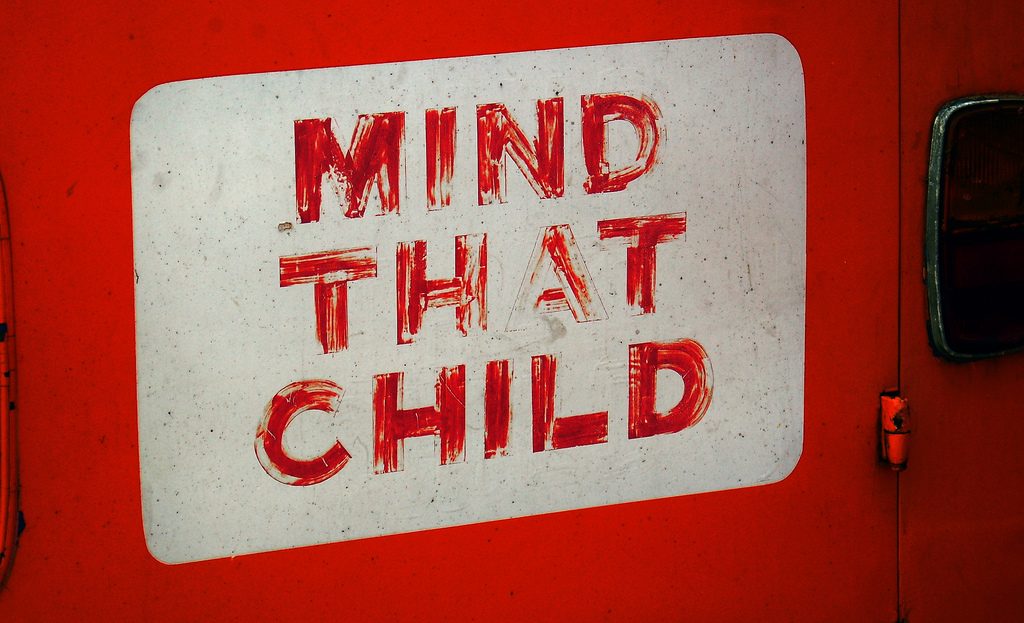The American Family Act, which reforms the country’s Child Tax Credit program, was reintroduced yesterday. Its details are as follows:
- Children below the age of 6 will receive a refundable tax credit of $3,600 per year ($300 per month).
- Children between the ages of 6 and 16 will receive a refundable tax credit of $3,000 per year ($250 per month).
- The benefit will phaseout at a 5 percent rate for single filers with incomes over $150,000 and for married filers with incomes over $200,000.
- The benefit will be paid out monthly but only to those who expect to have a negative tax liability overall and only to the extent of their negative tax liability.
In thinking about how to do this differently, I have some light objections and some strong objections.
Light Objections
First, I do not think it is wise to have different benefit amounts for different ages. People are going to experience the drop from $3,600 to $3,000 as a cut and that is not a pleasant experience. Also, it makes the program more complicated to explain. Just set the benefit to $3,600 for all kids.
Second, we should not cut out 17 and 18 year olds. The prior American Family Act included them and the purpose of these credits — to provide income to nonworking children and their families — clearly indicates that these ages should be included. Whatever modest budgetary benefit there is to cutting them out is not worth it.
Third, the benefit should be paid out by the Social Security Administration alongside old-age pension, disability pension, and survivor’s pension. The SSA is more competent at sending out monthly checks. Children are registered with the SSA as soon as they are born. The US should be trying to turn the SSA into the unitary welfare institution. And conceptually, children are just like elderly people and disabled people, the other two groups the SSA mainly serves, in that they are one of the core nonworking populations of society.
Strong Objections
First, the benefit should not phase out at high incomes as it does in this proposal. This is bad both politically and on the merits.
Politically, phaseouts degrade support for the program among the most powerful people in society who are made to feel like they are not benefiting from the scheme.
On the merits, a phaseout just does not make sense in the context of child allowances. The idea of a child allowance is not only to support the poor and the middle class, but also to ensure that similar workers with different numbers of children do not have hugely different standards of living. A high-earning family with 3 kids should not have a much lower standard of living than a high-earning family with 0 kids.
Also on the merits, a phaseout is no different than a tax except, in this case, it is a tax applied exclusively to families with children. The bill calls for a 5 percent phaseout starting at $150,000 for single filers and $200,000 for married filers. Why not instead just increase the marginal tax rates on incomes over those thresholds by, say, 2 percent? This allows you to hit everyone in those income ranges with the charge, not just those currently living with minor kids, which also allows you to bring the rate down. Instead of a 5 percent phaseout, you have a 2 percent tax bump. This is classic technocratic wisdom: broaden the base, lower the rate.
Second, the full benefit should be paid out monthly to all recipients. Currently, the bill calls for only paying out monthly to people who expect to have a negative tax liability for the year. What this means then is that low-earning families will get a check in their hand each month equal to the full $250/$300 amount, low-middle-earning families will get a partial check in their hand equal to say $100 month, and then upper-middle-class families won’t get any monthly check. This is a total disaster.
If you don’t put a check in each person’s account each month, they won’t understand they are benefiting from it. This will paradoxically create a situation where people feel like the benefit is heavily means-tested because they’ll see the poor get a check while the middle and upper middle class don’t seem to get anything. Wonks will know they are benefiting from lower withholding or higher end-of-year refund, but regular people mostly won’t. This is the curse of the “submerged state.”
Additionally, this design creates a problem for people who estimate that their income is going to be lower than it winds up being and therefore end up receiving advance payments they should not have received. Presumably these people are going to have to pay back some of what they received, which is not a pleasant experience.
There really is just no need to bother with any of this headache. Cut every single family a $300 check every month for every kid they are taking care of. Avoid the bad experience and bureaucratic nightmare of phasing it out at high incomes and varying the monthly check amount by expected tax liability. Create a simple, clean, popular policy for once.

